
As the popularity of decentralized applications (dApps) continues to grow, so does the need for efficient and scalable blockchain solutions. One of the most promising projects in this space is Polygon, a layer 2 scaling solution for Ethereum. By connecting Metamask, the popular Ethereum wallet, to Polygon, users can unlock the full potential of this powerful scaling solution.
Metamask is a browser extension that allows users to interact with the Ethereum blockchain. It acts as a wallet, enabling users to store and manage their Ethereum and ERC20 tokens. However, Ethereum’s scalability has been a major bottleneck for dApp adoption, with high fees and slow transaction times hindering the user experience. This is where Polygon comes in.
Polygon, previously known as Matic Network, is a layer 2 scaling solution that aims to address Ethereum’s scalability issues. By moving transactions off the Ethereum main chain onto a sidechain, Polygon can significantly increase the throughput and reduce the cost of transactions. This makes it an ideal solution for dApp developers looking to provide a seamless user experience.
To unlock the power of Polygon, users need to connect their Metamask wallet to the Polygon network. This process is straightforward and can be done with just a few simple steps. First, users need to open the Metamask extension in their browser and click on the network selection dropdown. From there, they can choose the “Custom RPC” option and enter the necessary details to connect to the Polygon network.
Once the connection is established, users can start interacting with dApps and smart contracts deployed on the Polygon network. They can send and receive tokens, participate in decentralized finance (DeFi) protocols, and take advantage of the low transaction fees and fast confirmation times that Polygon offers. With Metamask and Polygon working together, the possibilities for decentralized applications are endless.
In conclusion, connecting Metamask to the Polygon scaling solution is a game-changer for the Ethereum ecosystem. It allows users to overcome the scalability limitations of the Ethereum network and unlock the full potential of decentralized applications. By leveraging the power of Polygon, developers can create dApps that offer a seamless user experience, with fast transactions and low fees. With the popularity of dApps on the rise, the integration of Metamask and Polygon is a significant step towards mainstream adoption of blockchain technology.
Understanding Metamask:

Metamask is a popular browser extension that allows users to interact with the Ethereum blockchain. It serves as a digital wallet and a gateway to decentralized applications (DApps). With Metamask, users can manage their Ethereum accounts, send and receive Ether (ETH), and interact with smart contracts.
Metamask provides a secure and user-friendly interface for interacting with the blockchain. It generates and stores private keys locally on the user’s device, ensuring that the user has full control over their funds and transactions. It also allows users to import and export accounts, providing flexibility and convenience.
When connecting Metamask to a scaling solution like Polygon, users can access a wider range of DApps and take advantage of faster and cheaper transactions. Polygon is a Layer 2 solution that provides a high-performance scaling platform for Ethereum. By connecting Metamask to Polygon, users can enjoy the benefits of scalability while still being able to interact with their existing Ethereum accounts and assets.
To connect Metamask to Polygon, users need to follow a few simple steps. First, they need to install the Metamask browser extension if they haven’t done so already. Then, they need to add the Polygon network to their Metamask wallet by entering the necessary network details. Once connected, users can seamlessly switch between the Ethereum network and the Polygon network within Metamask, enabling them to access DApps on both networks with ease.
In conclusion, Metamask is a powerful tool that allows users to interact with the Ethereum blockchain. By connecting Metamask to a scaling solution like Polygon, users can unlock the full potential of decentralized applications and enjoy faster and cheaper transactions. Understanding Metamask and its integration with scaling solutions is crucial for anyone looking to make the most out of their Ethereum experience.
The Power of Polygon:
Polygon, formerly known as Matic, is a Layer 2 scaling solution for Ethereum. It aims to provide fast and cost-effective transactions, making it an attractive option for developers and users alike. By connecting Metamask to Polygon, users can unlock the power of this scaling solution by enjoying faster transactions and lower fees.
One of the key advantages of Polygon is its ability to support a wide range of decentralized applications (DApps). With its high throughput and low latency, Polygon can handle a large number of transactions per second, making it suitable for applications that require high performance. This scalability enables developers to build complex and feature-rich DApps without worrying about the limitations of the Ethereum network.
In addition to scalability, Polygon also offers a bridge to the Ethereum network, allowing users to easily transfer assets between the two networks. This interoperability opens up new possibilities for developers and users, enabling them to take advantage of the vast ecosystem of applications and assets available on Ethereum while still enjoying the benefits of Polygon’s scalability.
Furthermore, Polygon is designed to be developer-friendly, with support for popular developer tools and frameworks such as Truffle and Remix. This makes it easy for developers to deploy their smart contracts and build DApps on Polygon, leveraging their existing knowledge and resources.
Overall, the power of Polygon lies in its ability to provide fast and cost-effective transactions, support a wide range of DApps, offer interoperability with Ethereum, and provide a developer-friendly environment. By connecting Metamask to Polygon, users can tap into this power and enjoy a seamless and enhanced blockchain experience.
Exploring the Ethereum Scaling Solution

Ethereum, the second-largest blockchain network by market capitalization, has been facing scalability issues due to high gas fees and network congestion. These issues have affected the user experience and hindered the widespread adoption of decentralized applications (dApps) built on Ethereum.
To address these challenges, several Ethereum scaling solutions have emerged, aiming to increase network capacity, reduce transaction costs, and improve overall scalability. One of the most promising scaling solutions is Polygon, a layer 2 scaling framework for Ethereum.
What is Polygon?
Polygon, formerly known as Matic Network, is a Layer 2 scaling solution that aims to provide a better user experience while leveraging Ethereum’s security and decentralization. It achieves this by building a network of sidechains that are interoperable with the Ethereum mainnet.
These sidechains, also known as “Polygon chains,” are Ethereum-compatible and offer faster and cheaper transactions compared to the Ethereum mainnet. By offloading transactions to these sidechains, Polygon significantly reduces congestion on the Ethereum network, resulting in lower gas fees and faster transaction confirmation times.
How Does Polygon Work?
Polygon achieves scalability through its architecture, which consists of four main components:
- Polygon SDK: This software development kit allows developers to build their own sidechains, customizing them to their specific requirements.
- Security: Polygon ensures security by using Ethereum’s consensus mechanism. The sidechains are secured by a network of validators who participate in the Proof of Stake (PoS) consensus.
- Interoperability: Polygon provides seamless interoperability with the Ethereum mainnet, enabling the transfer of assets and data between the mainnet and sidechains.
- Scalability: By leveraging sidechains, Polygon significantly enhances Ethereum’s scalability, allowing for faster and cheaper transactions.
Overall, Polygon aims to make it easier for developers to build and deploy dApps on Ethereum by addressing the scaling challenges associated with the Ethereum mainnet.
Benefits of Using Polygon

Integrating with Polygon offers several benefits for users, developers, and the Ethereum ecosystem as a whole:
- Improved User Experience: By reducing gas fees and improving transaction speeds, Polygon enhances the overall user experience of decentralized applications.
- Lower Transaction Costs: Polygon’s sidechains provide significantly lower transaction costs compared to the Ethereum mainnet, making it more affordable for users to interact with dApps.
- Enhanced Scalability: Polygon’s scalability solutions relieve congestion on the Ethereum network, allowing for greater scalability and higher throughput.
- Developer-friendly: Polygon simplifies the development process by offering a user-friendly software development kit (SDK) and comprehensive documentation.
- Interoperability: Polygon enables smooth interoperability between the Ethereum mainnet and its sidechains, facilitating the transfer of assets and data.
Conclusion
Polygon is an innovative Ethereum scaling solution that aims to address the scalability issues faced by the Ethereum network. With its layer 2 architecture and focus on user experience, Polygon offers a promising solution to improve the performance and adoption of decentralized applications built on Ethereum. By leveraging Polygon, developers and users can unlock the full potential of Ethereum’s blockchain network.
Connecting Metamask:

In order to connect Metamask to the scaling solution, we need to follow a few simple steps:
- Install Metamask if you don’t already have it installed. Metamask is a browser extension that allows you to interact with the Ethereum blockchain.
- Open Metamask and create a new account or import an existing one. Make sure to securely store your account information.
- Once your account is set up, click on the network dropdown in the top right corner of the Metamask interface and select “Custom RPC”.
- In the “New RPC URL” field, enter the RPC URL for the Polygon network. This URL can be obtained from the Polygon documentation or from your chosen Polygon scaling solution provider.
- Under “Chain ID”, enter the chain ID for the Polygon network. Again, this information can be obtained from the Polygon documentation or your scaling solution provider.
- Click “Save” to connect Metamask to the Polygon network.
- Your Metamask wallet should now be connected to the Polygon network. You can now use Metamask to interact with decentralized applications (dApps) and make transactions on the Polygon network.
Once you have connected Metamask to the scaling solution, you will be able to take advantage of the benefits that Polygon offers, such as low transaction fees and fast confirmation times. Keep in mind that you will need to have the necessary funds in your Polygon wallet in order to make transactions on the network.
Unlocking Compatibility with Polygon

Polygon is a highly efficient scaling solution that aims to provide scalability and improve user experience on the Ethereum network. By integrating with Polygon, projects can gain access to faster block confirmations and lower gas fees, making it easier and more affordable for users to interact with decentralized applications (dApps).
To unlock compatibility with Polygon, developers need to connect their applications with the Polygon network. One way to achieve this is by leveraging the power of Metamask, a widely used browser extension wallet that allows users to interact with dApps.
Configuring Metamask for Polygon
Before connecting Metamask to Polygon, developers need to ensure they are using the latest version of Metamask and have created a wallet.
Once the wallet is set up, developers can follow these steps to configure Metamask for Polygon:
- Open the Metamask extension and click on the network selection dropdown.
- Click on “Custom RPC” to add a custom network.
- In the “New Network” form, enter the following details:
- Network Name: Polygon Mainnet
- RPC URL: https://rpc-mainnet.matic.network
- Chain ID: 137
- Symbol: MATIC
- Block Explorer URL: https://polygonscan.com
- Click on “Save” to add the Polygon Mainnet to the network list.
Unlocking the Power of Polygon

Once Metamask is configured for Polygon, developers can seamlessly connect their dApps and smart contracts to the Polygon network. This opens up a world of possibilities, including:
- Enhanced scalability: By leveraging Polygon, developers can overcome the limitations of the Ethereum network and offer faster and more efficient transactions to users.
- Reduced gas fees: Polygon significantly reduces gas fees, making transactions more affordable for users. This can lead to increased adoption of dApps and a better user experience.
- Interoperability: Projects built on Polygon can easily communicate and interact with other projects on the network, creating a vibrant ecosystem of interconnected dApps.
- Access to a growing community: By tapping into the Polygon network, developers gain access to a rapidly growing community of users and developers who are actively building and exploring the potential of this scaling solution.
In conclusion, unlocking compatibility with Polygon through Metamask can empower developers to leverage the benefits of this scaling solution and enhance the functionality and user experience of their dApps. By integrating with Polygon, developers can tap into a more scalable and affordable network, opening up new possibilities for decentralized applications.
Benefits of the Integration:

The integration of Metamask with Polygon brings several benefits to the users and the Ethereum ecosystem as a whole:
1. Enhanced scalability:
The integration allows users to leverage the scaling capabilities of Polygon, which can handle thousands of transactions per second at lower fees compared to the Ethereum mainnet. This enables a seamless user experience and eliminates the issues of network congestion and high gas fees.
2. Faster transactions:
By connecting Metamask to Polygon, users can experience faster transaction confirmation times. This is crucial for applications like decentralized finance (DeFi), where speed is essential to capitalize on investment opportunities and execute trades in a timely manner.
3. Enhanced usability:
The integration simplifies the user experience by allowing seamless swapping between Ethereum and Polygon networks. Users can easily bridge their assets from Ethereum to Polygon and access various decentralized applications (dApps) without the need for additional wallets or accounts.
4. Lower fees:
Users can enjoy significantly lower transaction fees on the Polygon network compared to the Ethereum mainnet. This makes it more cost-effective to perform transactions, participate in dApps, and engage with the Ethereum ecosystem.
5. Ecosystem growth:
By integrating with Metamask, Polygon benefits from the large and active user base of Metamask users. This helps in driving adoption of the Polygon network and its associated dApps, contributing to the overall growth and development of the Ethereum ecosystem.
6. Interoperability:
The integration enables interoperability between different blockchains within the Ethereum ecosystem. Users can seamlessly interact with various layer-2 solutions and cross-chain bridges, opening up possibilities for cross-chain asset transfers and decentralized applications.
7. Developer-friendly environment:
The integration provides developers with a more developer-friendly environment to build and deploy decentralized applications. With the scalability and cost-efficiency of Polygon, developers can build complex applications without worrying about scalability constraints or high gas fees.
Overall, the integration of Metamask with Polygon unlocks the power of Polygon’s scaling solution, offering users enhanced scalability, faster transactions, lower fees, and a more seamless user experience. This integration not only benefits the users but also contributes to the growth and development of the entire Ethereum ecosystem.
Frequently Asked Questions:
What is Metamask?
Metamask is a popular cryptocurrency wallet and browser extension that allows users to interact with decentralized applications on the Ethereum blockchain.
What is Polygon?
Polygon is a layer 2 scaling solution for Ethereum that aims to improve scalability and reduce transaction costs.
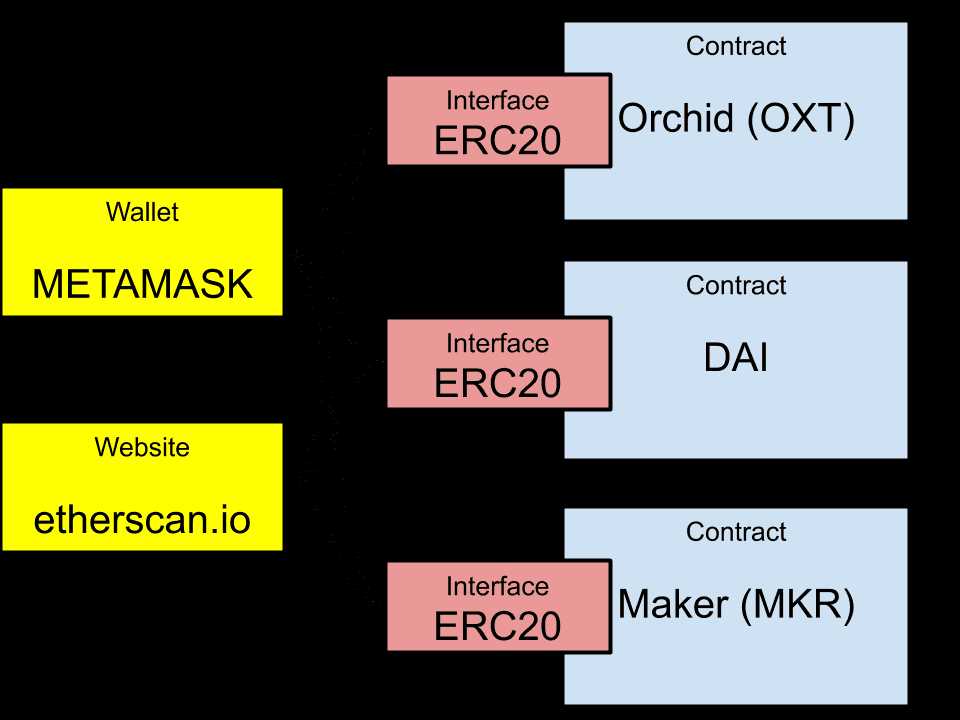

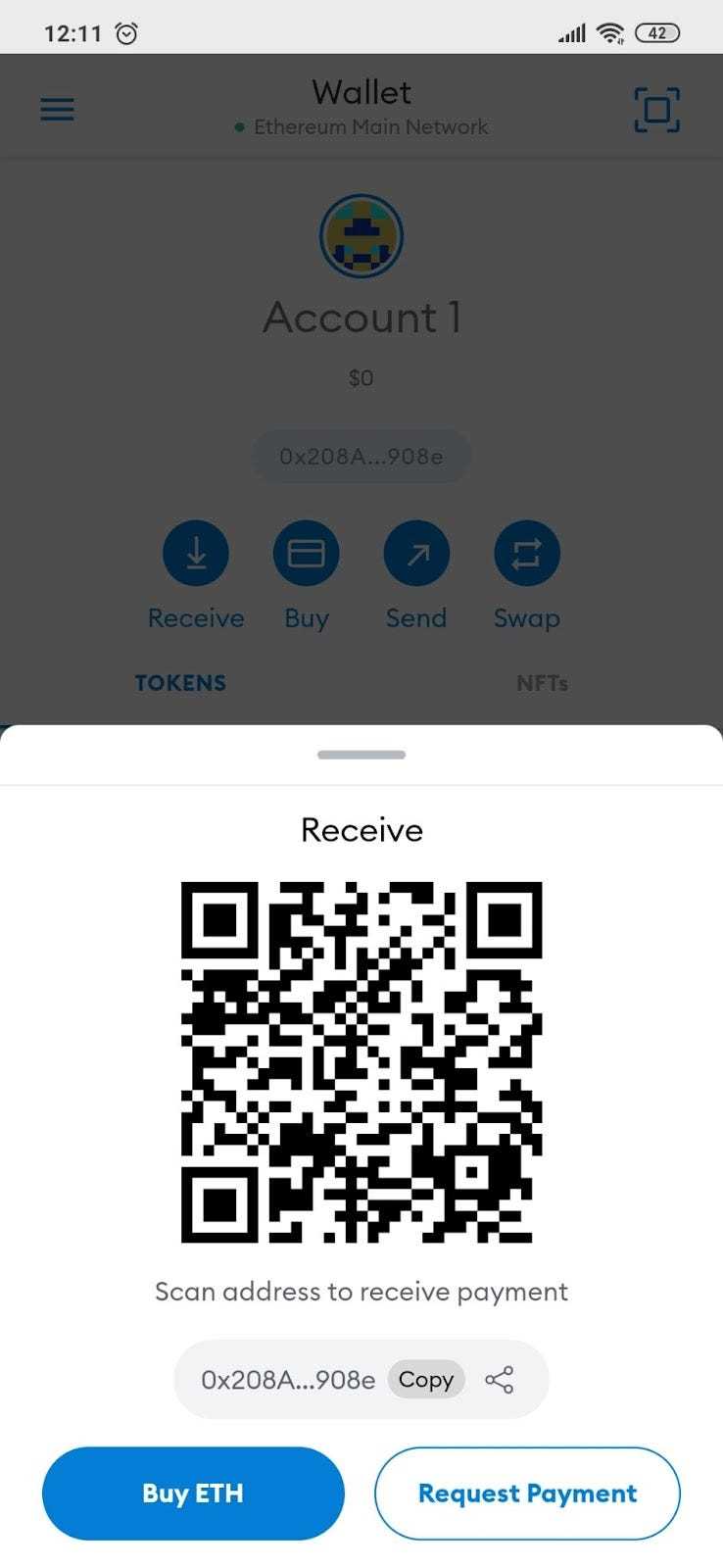
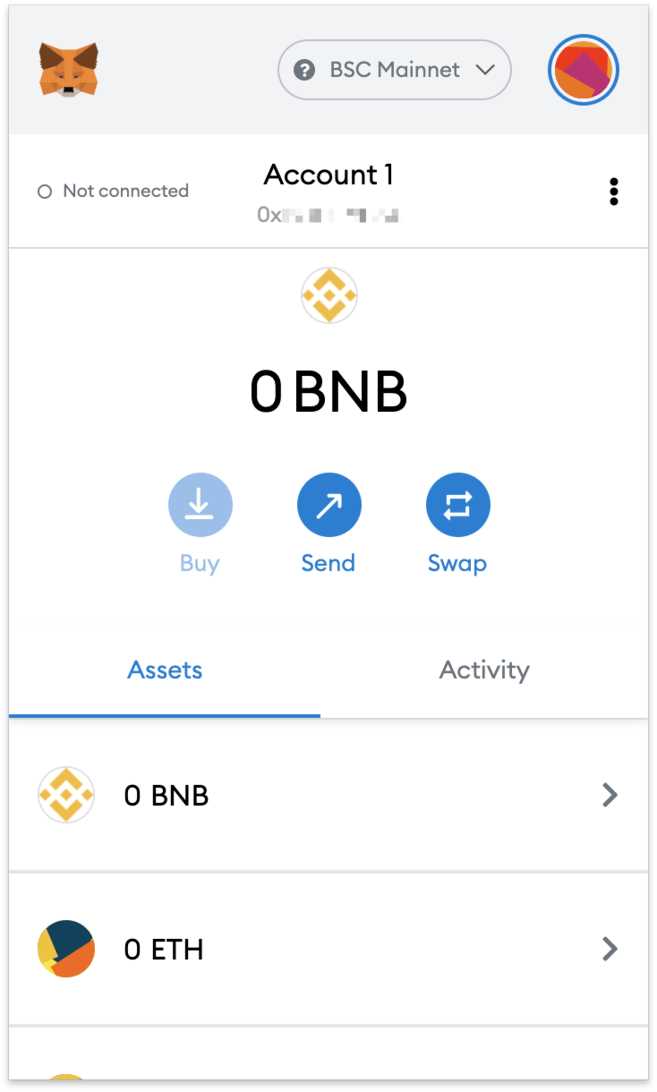
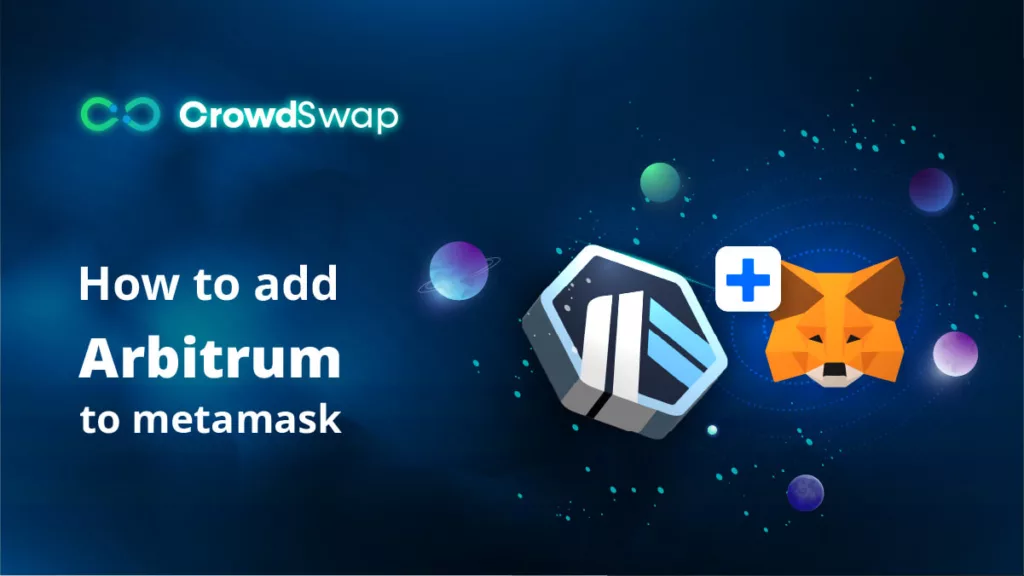
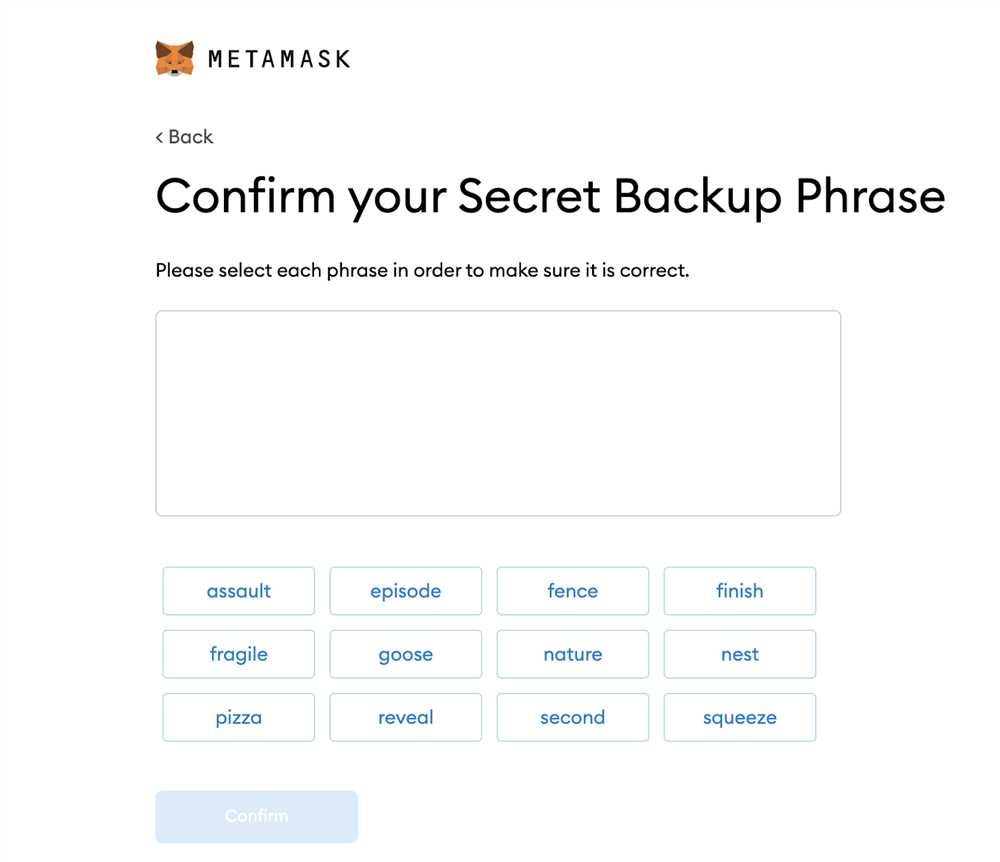
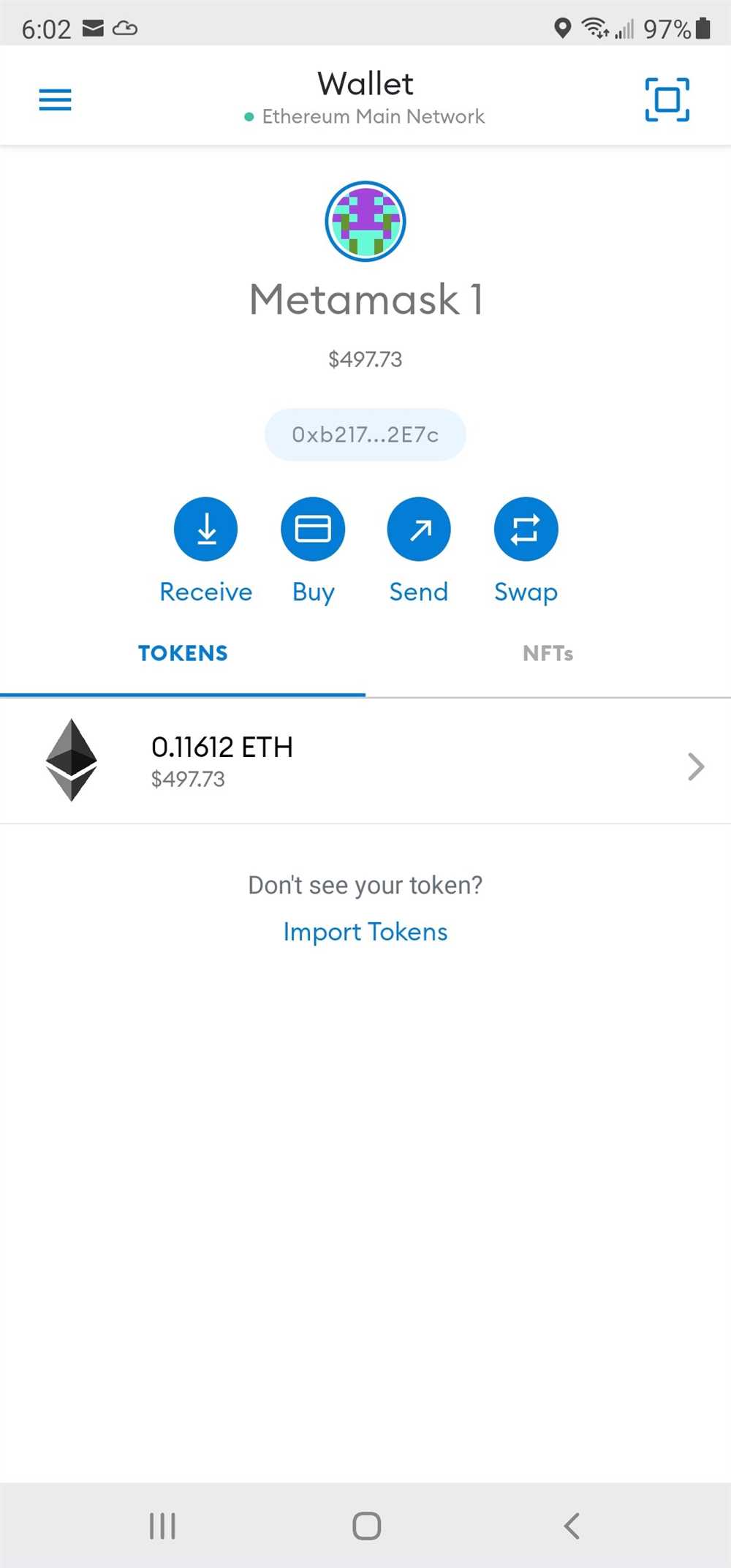
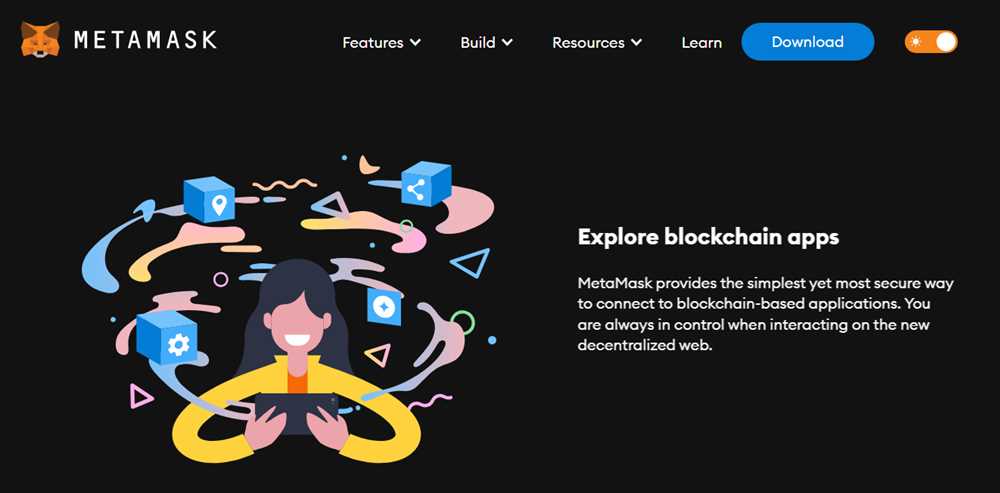
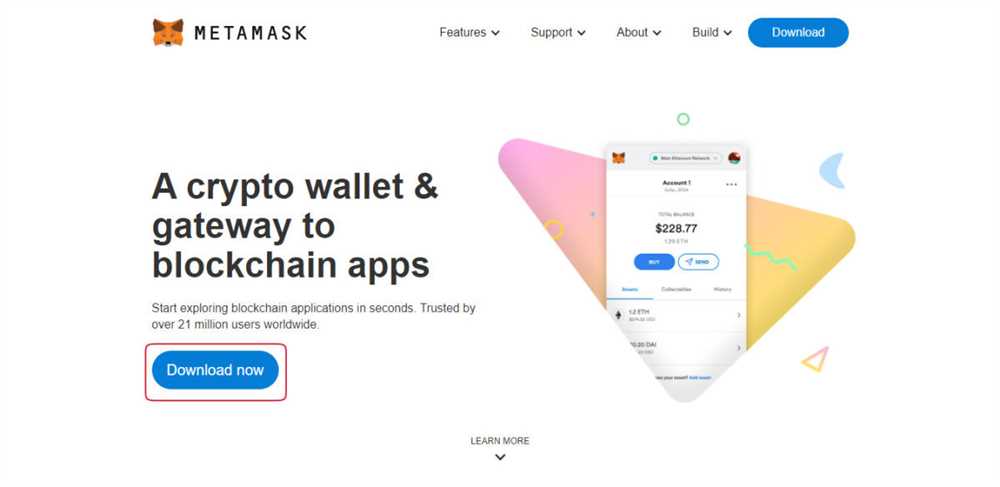

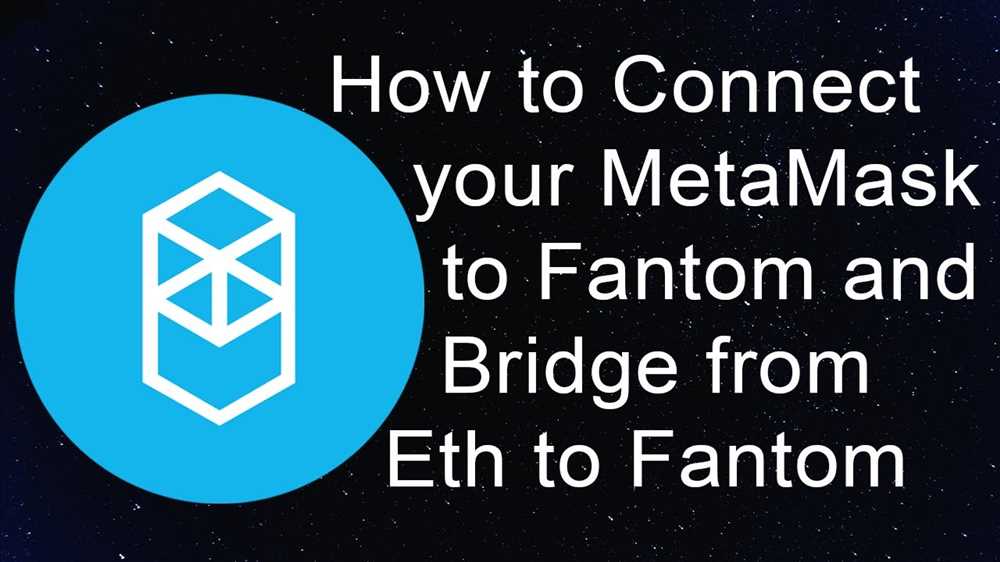
+ There are no comments
Add yours